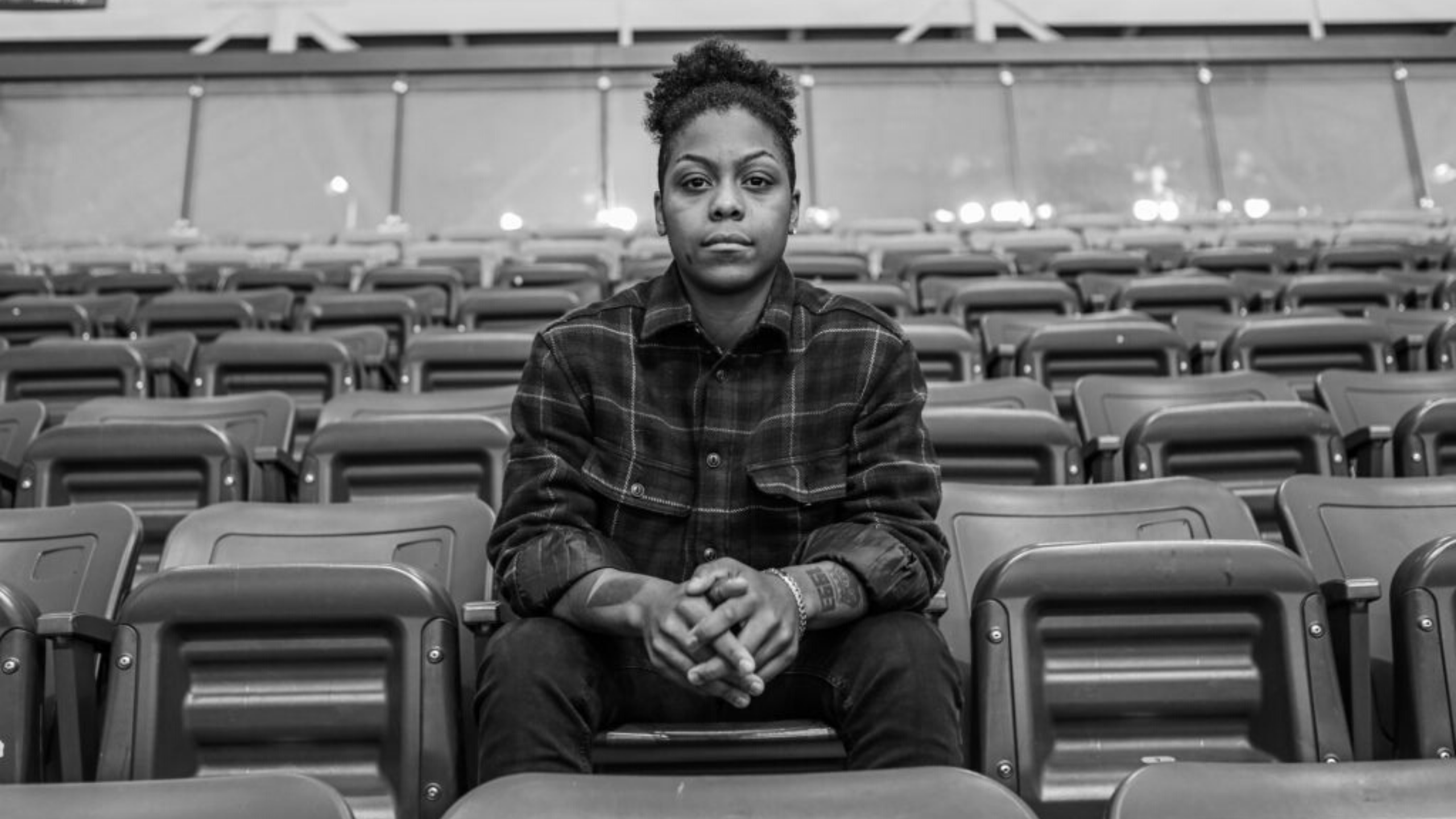By Matthew Rodrigopulle
She was beaming with excitement. Her team had just won the game and as she sped down the ice of a community arena in Brampton, Ont., to congratulate her goalie, she couldn’t contain her happiness.
As her team prepared to shake hands with their opponents, 11-year-old Kryshanda Green stepped forward, first in the handshake line, ready to embrace her victory. But when Green started to shake hands with the girls on the other team, everything changed. Her face dropped as her ears picked up a foul sound.
“The first three players on the opposing team, they each called me the N-word.”
Green was appalled. She immediately pulled out of the line and stormed off the ice, shocking all the parents in the crowd.
This was the experience of the current Ryerson Rams women’s hockey team captain. Green, now 26, says the issues she faced were nothing short of traumatic.
Green’s experience is just one instance of the type of adversity that makes the Black experience in hockey unique. Hockey is a dominantly white sport, with 97 per cent of NHL players identifying as white. Of the hundreds of players that make up the league, just over 30 of them are Black.
This season, a number of racial discrimination cases rocked the hockey world. In November, former NHL player Akim Aliu came out about his experiences with former Calgary Flames coach Bill Peters, who hurled racial slurs toward him while playing in the American Hockey League (AHL). In January, AHL player Brandon Manning was suspended after using a racial slur against his opponent, Bokondji Imama.
While hockey continues to try to become more diverse, instances like these hold the sport back from truly being a safe space for Black athletes.
Nicole Neverson, a Ryerson sociology of sport professor, says hockey has always struggled with diversity.
“Hockey has this reputation in Canada as being a sport that’s for all, but we have to be cautious about that myth,” Neverson said. “The organization of it has a lot of work to do with regards to being truly inclusive.”
Green first fell in love with hockey at a young age, given the fact that she comes from hockey royalty. Her grandfather is Bill Riley, the third Black hockey player to ever play in the NHL. Green credits him for her appreciation of the sport and her pride in being a Black athlete.
“I got to grow up listening to somebody tell stories about breaking ceilings,” Green said. “He paved the way for a lot of guys and I wanted to pave the way as well on the women’s side of things.”
Before she knew it, Green was playing hockey at just three years old. She looked up to many Black hockey players as role models: Jarome Iginla, Kevin Weekes and Angela James, who gave her someone to identify with. Growing up, Green says race was never a problem in other sports, but on that day when she was 11, she learned hockey was different.
Please continue reading this story at the Ryersonian, where it was first published.













Leave a Reply